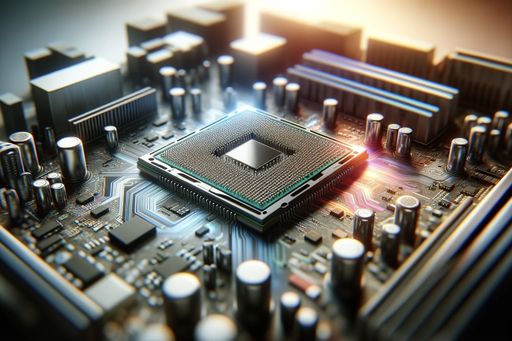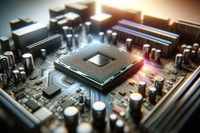Chip Crunch Persists as Tech Giants Rush to Scale AI Units
Amid the demand for computing power to train and operate artificial intelligence models, a global chip crunch continues.

Tech Giants Seeking GPUs to Scale AI Units
During an investor call, Oracle chairman Larry Ellison discussed the ongoing demand for GPUs in the race to supply artificial intelligence models with the necessary computing power. Ellison mentioned providing Nvidia GPUs to Elon Musk's company, xAI, for their language model Grok. However, the demand for GPUs far exceeded what was supplied. Nvidia and Oracle have a longstanding partnership in the field of AI cloud computing development.
The $40,000 Nvidia H100 chip has become highly sought-after in Silicon Valley as AI models require hundreds to thousands of these chips to function effectively. Ellison previously stated that Oracle was spending billions on these chips. While Grok has faced skepticism due to its inclusion of jokes and hallucinations in its output, the need for computing power remains crucial in the development of large language models.
Meeting the Demand for AI Computing
Ellison highlighted the industry's pursuit of building the best large language model and Oracle's efforts to meet customer demands. The company aims to increase its capacity to provide more computing power with each succeeding quarter. However, Deutsche Bank analyst Brad Zelnick expressed doubts about Oracle's ability to meet the demand, citing the time it took to build cloud data centers. Zelnick also mentioned other factors straining cloud computing supply, beyond AI.
Oracle executives acknowledged that they have left money on the table despite their focus on larger customer needs. CEO Safra Catz shared that they had unused capacity worth hundreds of millions of dollars. Instead of taking smaller pieces, they prioritized working with customers and treating them fairly.
Oracle's profits for the third quarter were slightly higher than expected, reaching $2.5 billion. However, the market responded negatively, with shares falling around 10% in Tuesday trading.



